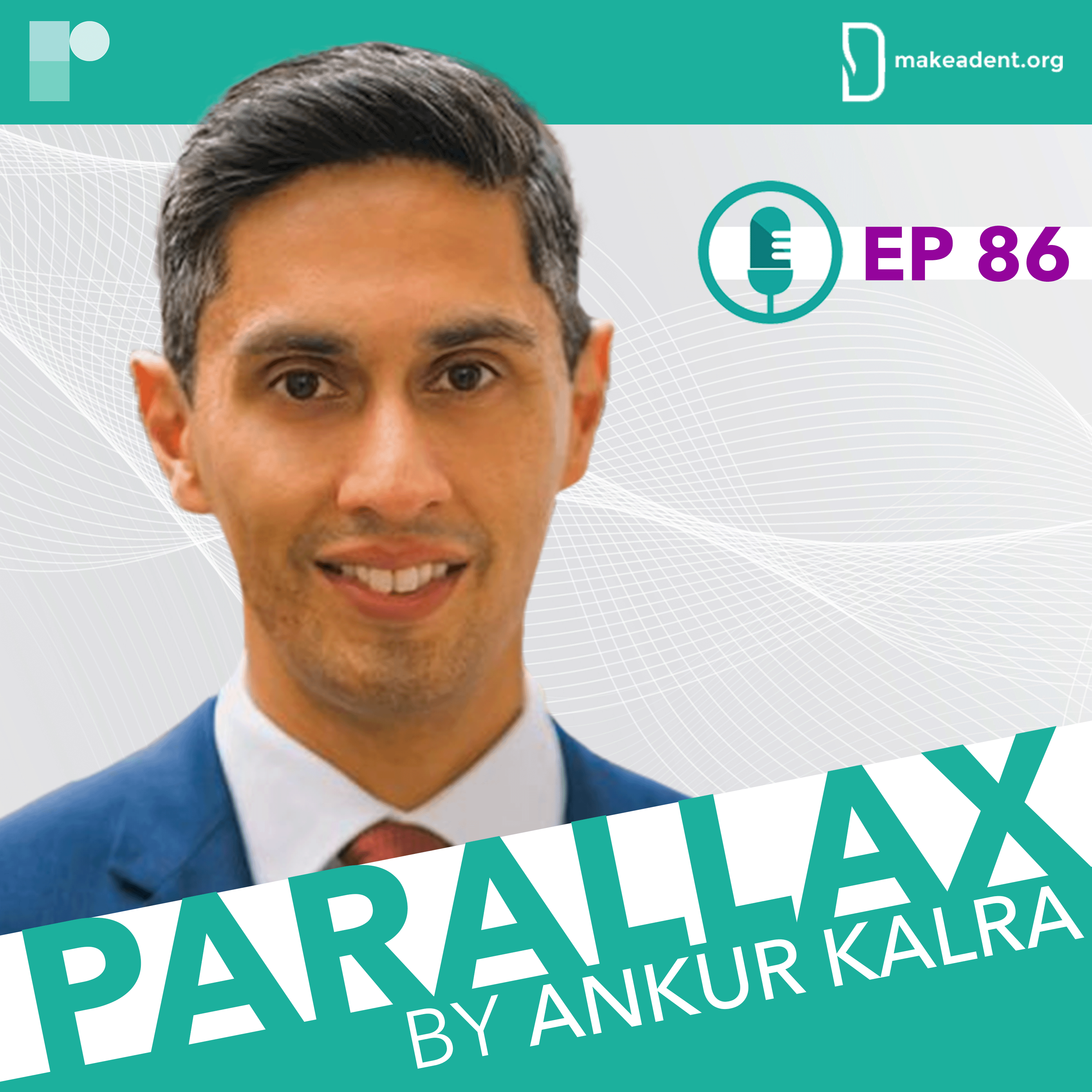
In this week’s Parallax Dr Kalra welcomes back Dr Nijjer for their annual review of the most impactful and controversial cardiovascular trials of 2022.
Dr Sukh Nijjer is a Consultant Cardiologist in the UK, he is President of the Royal Society of Medicine and Honorary Senior Clinical Lecturer at Imperial College of London.
The coronary physiology trial FLAVOUR was presented at ACC.22 by Dr Bon Kwon Koo. This South-Korean study compared the safety and efficacy of FFR and IVUS-guided stenting. Dr Nijjer interprets the findings and outlines the take-home messages by describing his practice.
Following this, Dr Kalra and Dr Nijjer look at REVIVED-BCIS2 presented at ESC 2022 by Dr Divaka Perera. Dr Nijjer talks about the complexity of running this study that evaluated whether revascularization by PCI can improve outcomes in patients with ischemic left ventricular systolic dysfunction compared with optimal medical therapy. They distill some of the nuances for practice.
Dr Nijjer summarises the all-comers PROTECTED TAVR trial that assessed the use of Sentinel® Cerebral Protection System in patients undergoing TAVR. We learn more about the secondary outcomes and the reception of the results. Dr Kalra shares how the new data impacted his approach.
Last, they discuss the implications of Chinese CTS-AMI trial presented at AHA 22 by Dr Yuejin Yang. The trial showed that a traditional remedy, Tongxinluo improved the clinical outcomes of patients with STEMI. Dr Nijjer and Dr Kalra consider the meaning and impact of these trials such as CTS-AMI on Western medicine.
How can we interpret some of the controversies from REVIVED? What can we learn from traditional medicinal remedies? What are the key takeaways for clinical practice from the reviewed trials?
Questions and comments can be sent to “podcast@radcliffe-group.com” and may be answered by Ankur in the next episode.
Guest: @SukhNijjer, host: @AnkurKalraMD and produced by: @RadcliffeCARDIO.

He explains how the complexity of nutrition and the compounds generated by the gut microbiome can impact our health. We learn more about three compounds produced by our gut microbiome that have a strong connection with heart disease.
Through this conversation, Dr Vuyisich invites us to reframe our approach to nutrition and prevention as a question of food education and data-driven science.


US Cardiology Review journal, has recently seen a 7-fold increase in female editorial board members in response to journal-based strategic initiatives and the stellar work of USC editorial board leadership, Ankur Kalra (Editor in Chief) and Bill Gogas (Deputy Editor in Chief), who were keen to drive this change. With thanks to Dr Anastasia Mihailidou’s tenure as a new board member and her suggested nominees, ten new female board members have recently joined US Cardiology Review’s editorial board.

In this episode, Mike opens up about his childhood in Stilwell, Oklahoma. Ankur and Mike discuss how the inductive quality of art can complement the deductive principles of science. Mike recalls earlier stages of his career and warns about the blinding effect of the ego-driven, competitive culture of cardiology. Ankur asks Mike about fatherhood and about his role as an educator.
What does it mean to be fearless as a medical professional? How can you protect yourself from the emotional toll of the profession? What is Mike’s advice to early career cardiologists?
Sponsored by Edwards.

During her interventional cardiology fellowship, Dr Baron became fascinated by the implementation of novel technologies. She earned her degree in Clinical Epidemiology and spent a year working at the FDA’s Device Evaluation unit.
In 2019 Dr Baron presented the results of her late-breaking trial, COAPT. Ankur invites Suzanne to discuss the economic analysis of the study and to give a short introduction to cost-effectiveness analysis. Suzanne provides an overview of the trial and they talk about the importance of understanding the value and benefits of new devices from both the patient and the health-economic point of viewpoint.

How should you start building a research programme? What are Chuck Simonton’s thoughts on the relationship between doctors and the industry? What is Chuck’s message to young cardiologists?

After the #MedBikini campaign provoked by a misogynistic study that scrutinized female doctors’ social media posts, this episode is about creating a safer environment for female healthcare professionals.





